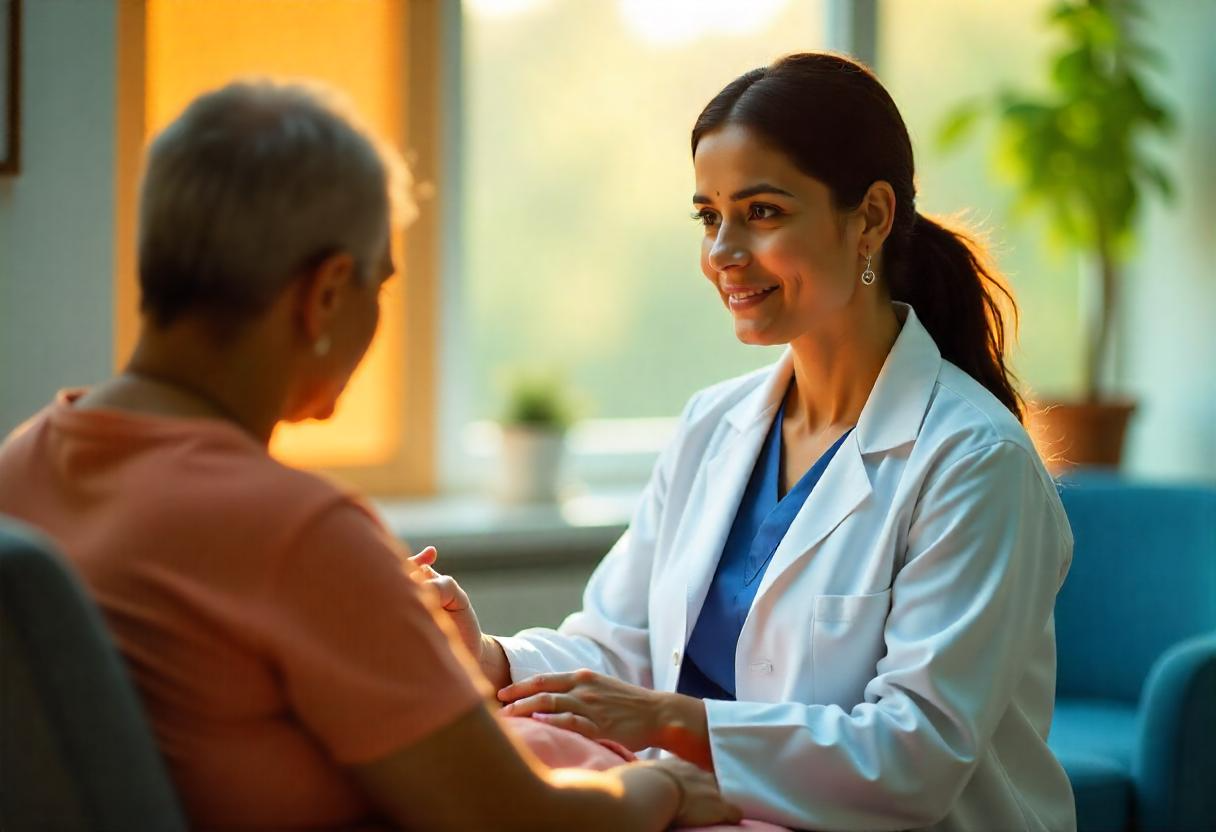
Securing U.S. Clinical Experience: A Guide for International Medical Graduates
Introduction
Gaining U.S. clinical experience (USCE) is crucial for international medical graduates (IMGs) aiming to match into U.S. residency programs. Clinical rotations provide exposure to the U.S. healthcare system, enhance clinical skills, and offer opportunities to obtain letters of recommendation (LORs).
Types of U.S. Clinical Experience
- Electives: Clinical rotations undertaken by medical students in their final years. These are hands-on experiences involving direct patient care.
- Clerkships: Similar to electives, clerkships are structured clinical experiences during medical school.
- Externships: Postgraduate clinical experiences that may involve direct patient care, often used to gain additional experience after graduation.
- Observerships: Shadowing experiences without direct patient care, suitable for IMGs who have already graduated.
Applying for Clinical Rotations
- VSLO (Visiting Student Learning Opportunities): A centralized application service for U.S. and international medical students seeking electives in the U.S.
- Direct Applications: Some hospitals and clinics accept applications directly through their websites or affiliated programs.
- Third-Party Organizations: Entities like AMOpportunities and American Medical Clinicals assist IMGs in securing clinical rotations.
Securing Letters of Recommendation (LORs)
- Importance: LORs from U.S. physicians are highly valued in residency applications, demonstrating clinical competence and familiarity with the U.S. healthcare system.
- Strategies:
- Build Relationships: Engage actively during rotations, showing professionalism and eagerness to learn.
- Request Early: Ask for LORs towards the end of your rotation, ensuring the experience is fresh in the physician's mind.
- Provide Information: Offer your CV and personal statement to help the recommender write a comprehensive letter.
Maximizing Clinical Rotations
- Professionalism: Punctuality, appropriate attire, and respectful communication are essential.
- Active Participation: Engage in discussions, ask questions, and seek feedback to demonstrate your commitment.
- Reflective Practice: Keep a journal to reflect on clinical experiences, aiding in personal growth and interview preparation.
Challenges and Solutions
- Visa Requirements: Ensure you have the appropriate visa for clinical rotations, such as a B-1/B-2 visa for observerships.
- Financial Considerations: Budget for application fees, travel, accommodation, and living expenses during rotations.
- Limited Availability: Apply early and to multiple programs to increase the chances of securing a rotation.
Conclusion
U.S. clinical experience is a vital component of a successful residency application for IMGs. By understanding the types of experiences available and strategically applying for rotations, IMGs can enhance their clinical skills, obtain valuable LORs, and improve their competitiveness in the residency match process.
